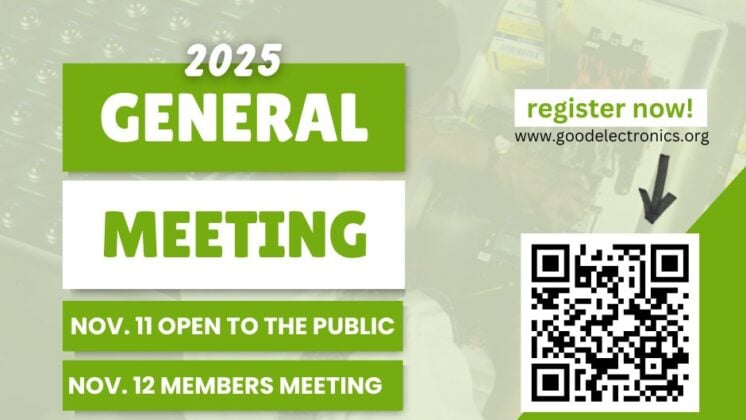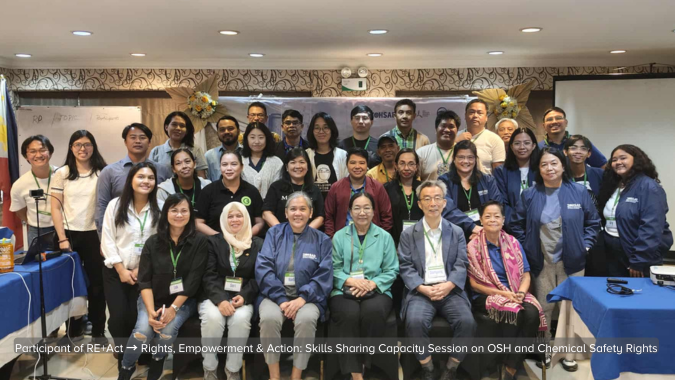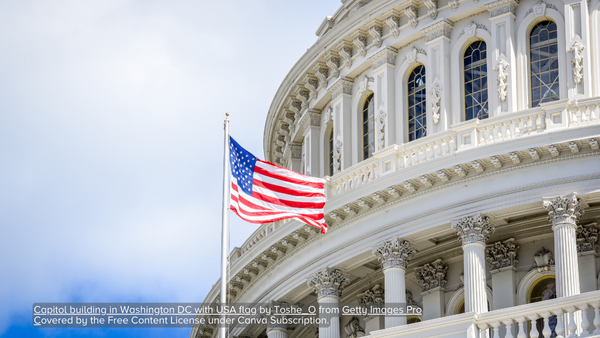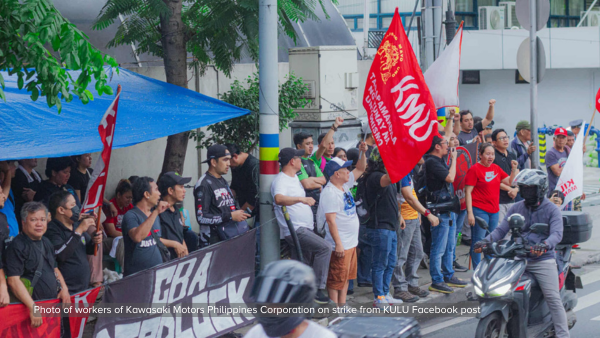SHARPS and the party of South Korea’s Presidential frontrunner have agreed to a policy framework aimed at resolving the occupational disease cluster of Samsung Electronics Co., Ltd.—one of the most critical milestones in ten years of advocacy campaigning for more than 200 former Samsung employees contracted with a variety of blood disorders.
Four-Point Framework
On May 7, SHARPS and the Minjoo Party of Korea agreed to a four-point framework that incorporates SHARPS’s longstanding demands. The following are the four points:
- “The Minjoo Party empathizes with SHARPS for taking issue with Samsung’s own compensation scheme and will put efforts into having negotiations resumed between Samsung and SHARPS so to seek a rightful solution to the issue of Samsung’s occupational disease.”
- “The Minjoo Party will put efforts into improving statutes that strengthen civil and criminal penalties for corporations for serious and/or frequent industrial accidents for employers for covering up such accidents.”
- “The Minjoo Party will put efforts into preventing the outsourcing of risk by strengthening penalties for safety and public-health violations along the supply chain.”
- “The Minjoo Party will put efforts into developing a transparent disclosure process for hazardous chemicals to better hold employers accountable and to ensure employees’ right to know for exposure to industrial safety risks.”
Ten Years
The agreement is of significant meaning. It is the first of its kind that SHARPS has reached with a major political party. In 2014, a small left-leaning Justice Party, in vain, attempted to mediate a deal for SHARPS with Samsung.
Moon Jae-in, Minjoo’s Presidential candidate, will likely be elected President in a snap election scheduled for May 9. In recent years, SHARPS has been a favorite campaign destination for many Presidential hopefuls. However, Moon is the first-ever major Presidential candidate that has signed a pledge with SHARPS regarding Samsung.
“It’s been ten years since I first met with Hwang Sang-ki, the father of the first known Samsung victim, Hwang Yu-mi,” said lawmaker Woo Won-shik, who signed the agreement on the party’s behalf. “Moon has expressed his strong willingness to help SHARPS and Samsung resume dialogue.” Hwang replied: “The new government must implement this agreement in good faith.”
“Samsung must promise sincere dialogue, a truthful apology, and comprehensive compensation,” Hwang concluded, reiterating SHARPS’s demands.
Turns and Twists
The would-be ruling party’s posturing toward Samsung and SHARPS has to date been erratic at most. Since 2013 the Minjoo Party, and its predecessor, released only one statement on SHARPS or Samsung’s cluster.
In 2016, the Minjoo Party recruited Yang Hyang-ja, Samsung’s 50-year-old woman executive, as a “female role model ”
Yang is something of a legend among many young women in South Korea as she has climbed up the corporate ladder at a male-dominated Samsung to a PhD, and a job as R&D director from high-school graduate office secretary.
In March 2017, Yang was forced by a flurry of public criticism to make a public apology, after she, in a luncheon with reporters, branded SHARPS “professional protesters” and the independent Korean Confederation of Trade Unions labor aristocrats.
Non-binding
In all fairness, on March 13, Moon apologized to SHARPS for Yang’s remarks at a mass rally in Seoul, calling on all presidential candidates to pledge for the betterment of public and workplace safety.
The agreement is non-binding—SHARPS would likely find little reason to let up on the pressure on Samsung, the government or elected officials.
Repeat Tragedy
SHARPS’s latest political breakthrough came on the heels of yet another fatal accident at a Samsung plant. On May 1, six workers were killed and more than 20 were injured when a mobile crane crashed into and felled a fixed crane at the Samsung Heavy Industries Co. Ltd in Geoje, Korea.
All six fatalities were temporary workers. The cause of the crash is still under investigation although eyewitnesses said the mobile crane operator, a regular employee, missed the signal by a temporary worker.
Repeat Negligence
Samsung bungled first-response efforts, according to an expose by independent news site The Voice of the People. The company did not bring in government paramedics during the first hour of the accident, during which its own first responders failed to stop the hemorrhaging of a victim who eventually died.
Samsung Heavy Industries’ negligence is just a repeat of Samsung Electrics’ botched response to fatal gas leaks at its semiconductor lab about four years ago.
In January 2013, Samsung used outsourced first-response teams to stem two separate leaks of Hydrofluoric acid at the chip lab in Hwaseong, Korea, which left one worker and four injured.
SHARPS’s Sit-in Continues
Since Oct. 7, 2015, SHARPS and its supporters have been staging a sit-in at Samsung D’light, the company’s so-called global exhibition space in south Seoul, calling for the world’s largest technology company to: 1) compensate all victims of occupational disease transparently and sufficiently; and 2) make a sincere and full apology.
Read more here.









